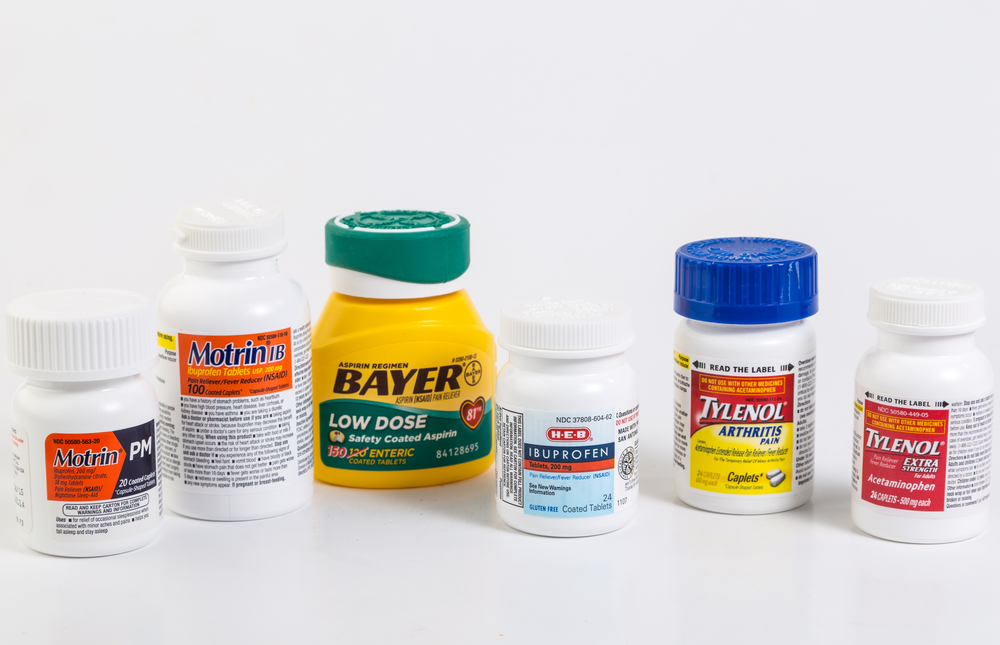A patient was having difficulty with symptoms of gout. They were on Allopurinol 300 mg daily for their hyperuricemia (elevated uric acid happens in gout). This particular patient would have flares periodically and had about 3 over the last year requiring the use of Indomethacin 50 mg three times daily for up to a week at times. Due to ongoing issues with these gout flares and trials of multiple different medications for their gout, the prescriber wrote for the patient to have an order for the indomethacin as needed without a limit on the length of use. Indomethacin is notorious for causing GI bleeding, but also a hallmark medication for the symptomatic treatment of a gout flare. In this case, the patient experienced great relief from the Indomethacin 50 mg three times daily, but without the limit on how long the patient should use it, they continued use indefinitely. Often if chronic NSAID therapy is required, prescribers will use GI protection (usually a PPI i.e. omeprazole, pantoprazole etc. or an H2 blocker like famotidine or ranitidine). In this case, the patient was not on GI protection. Within a couple weeks of consistent use of the indomethacin, the elderly gentleman was hospitalized experiencing significant GI distress and began to have black tarry stools – indicating the presence of a GI bleed or NSAID induced ulcer.
NSAIDs and GI Bleeding

1 Comment
Submit a Comment Cancel reply
This site uses Akismet to reduce spam. Learn how your comment data is processed.
Written By Eric Christianson


But how long should we continue the GI protection medication? As long as the patient is on Nsaid? Does cardiac protective dose of aspirin require gi protection medication as well?